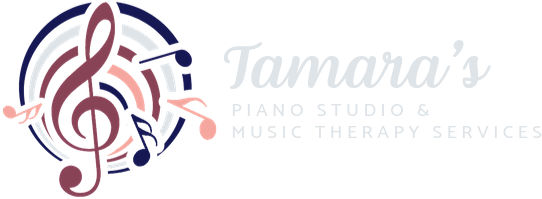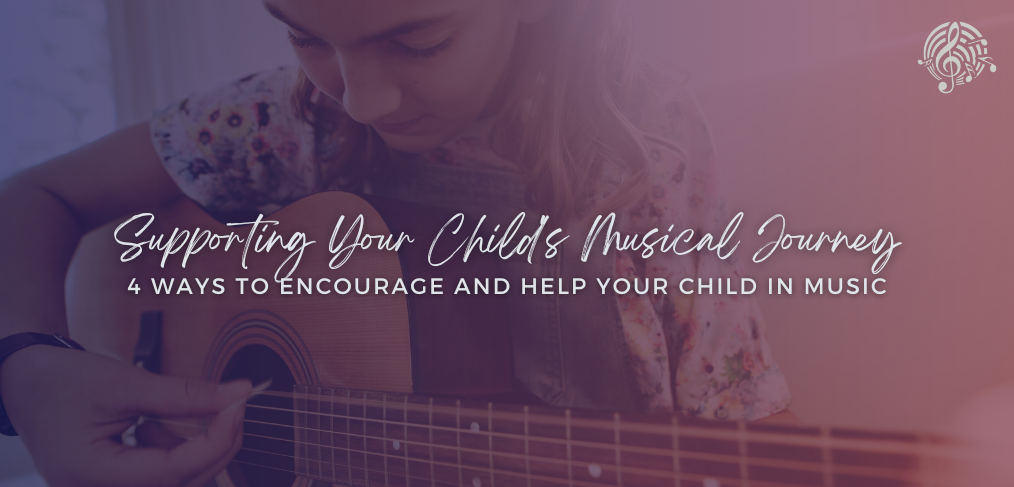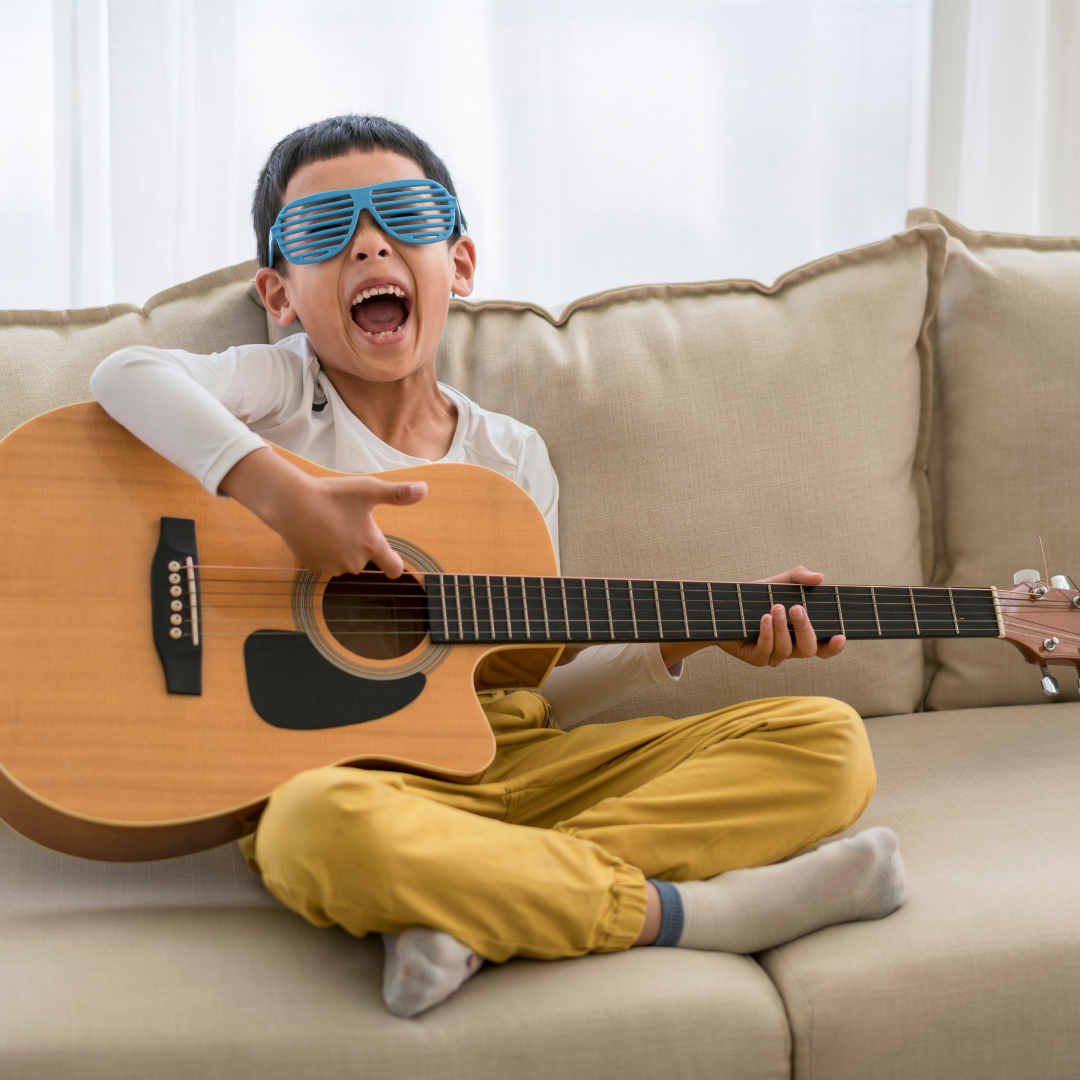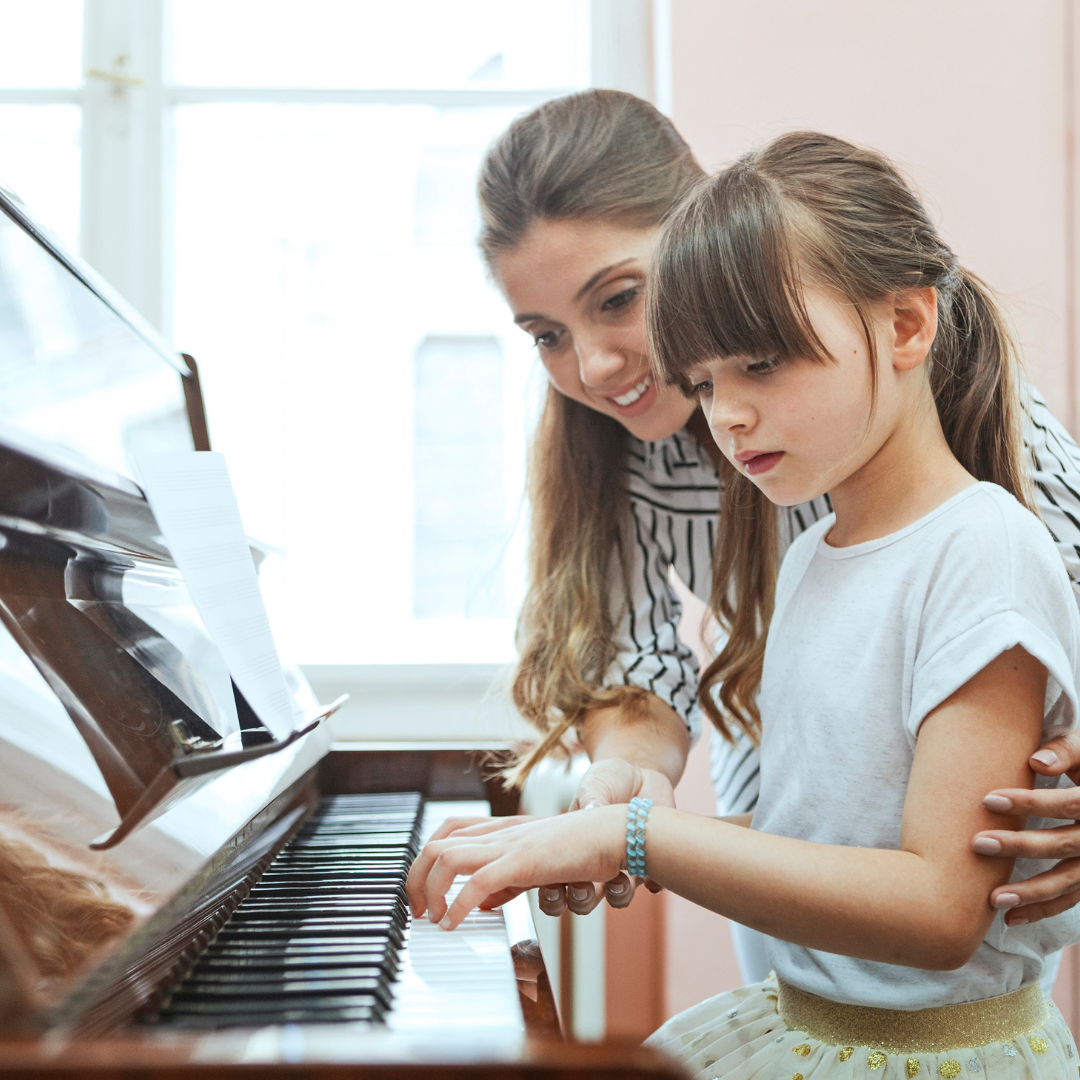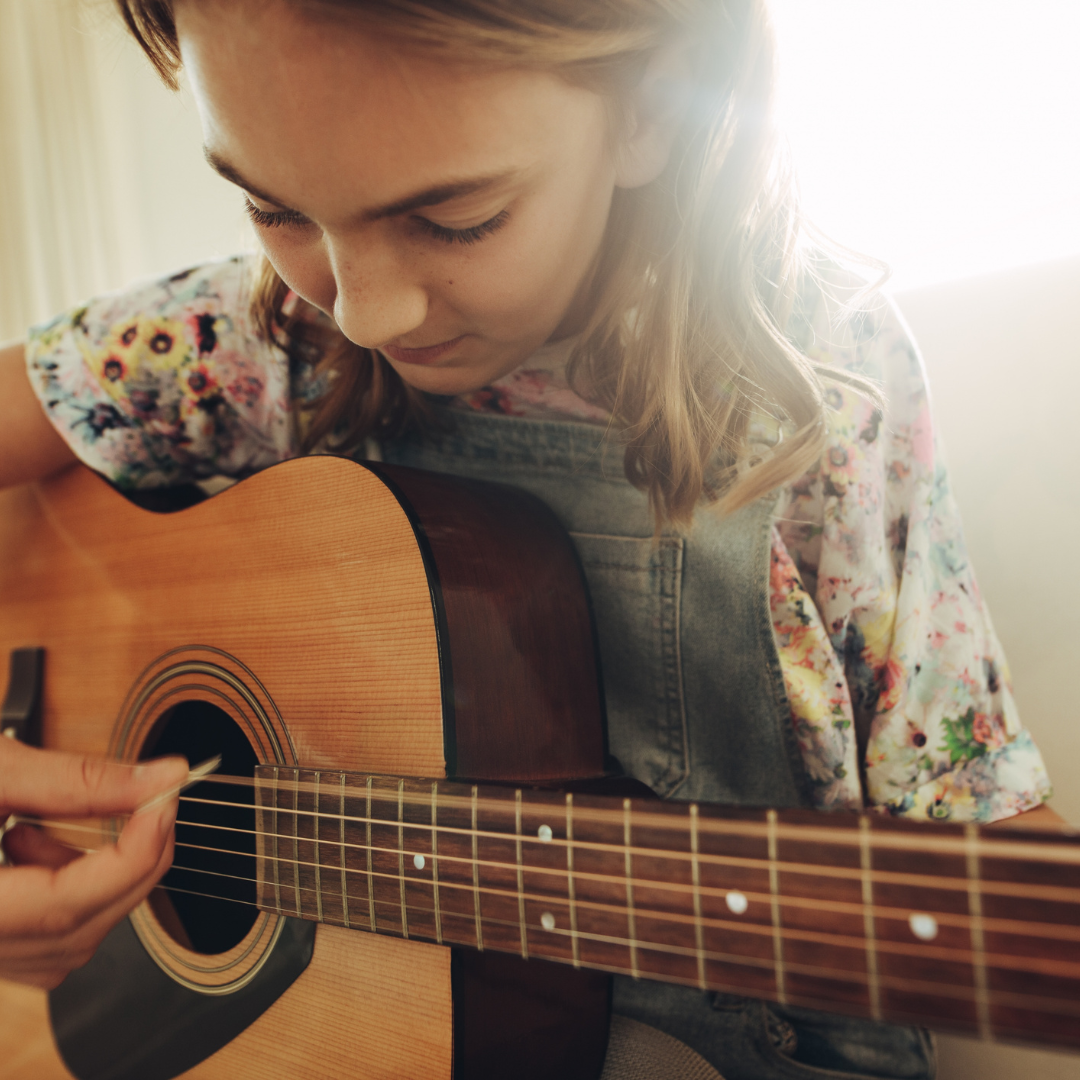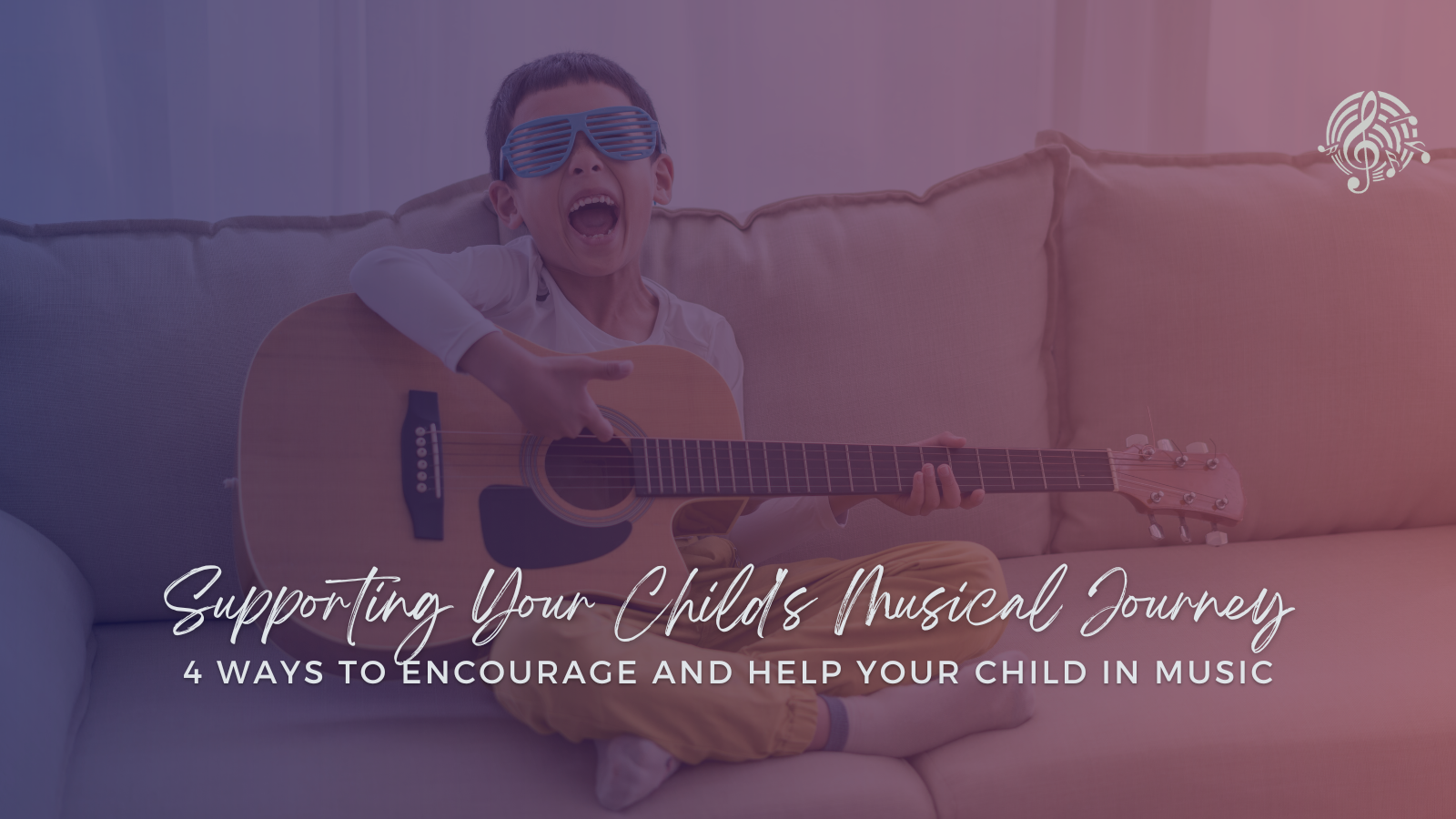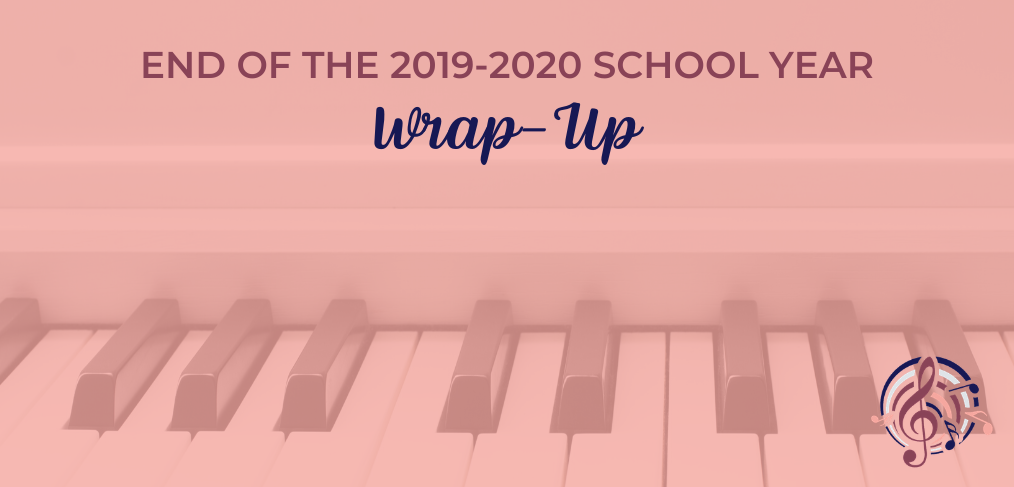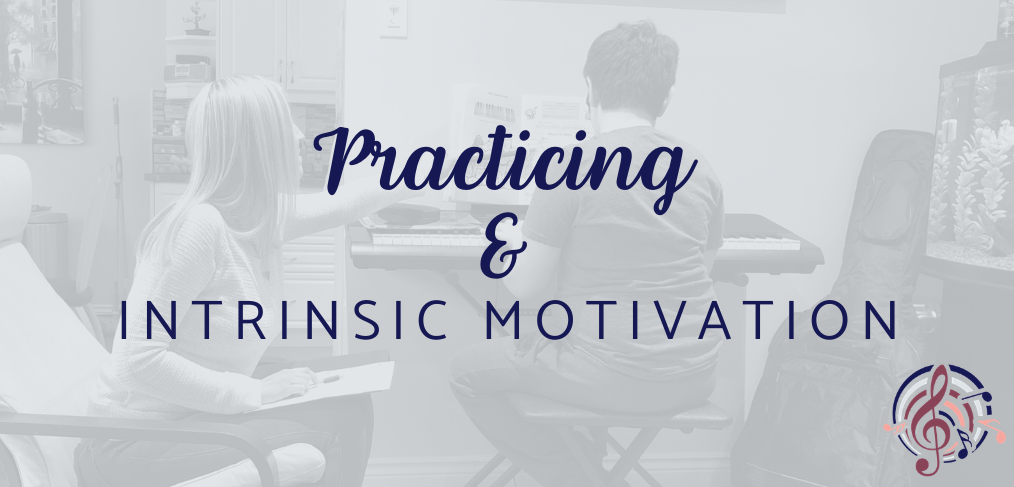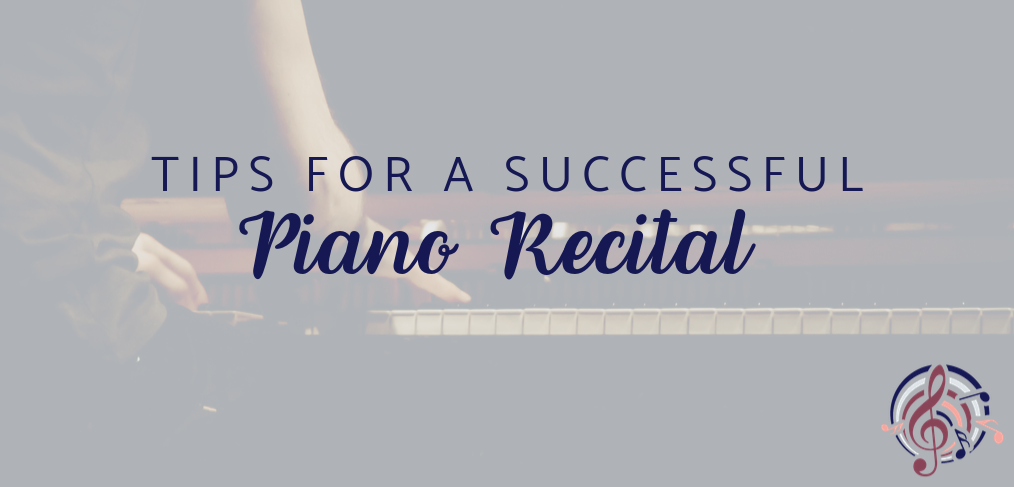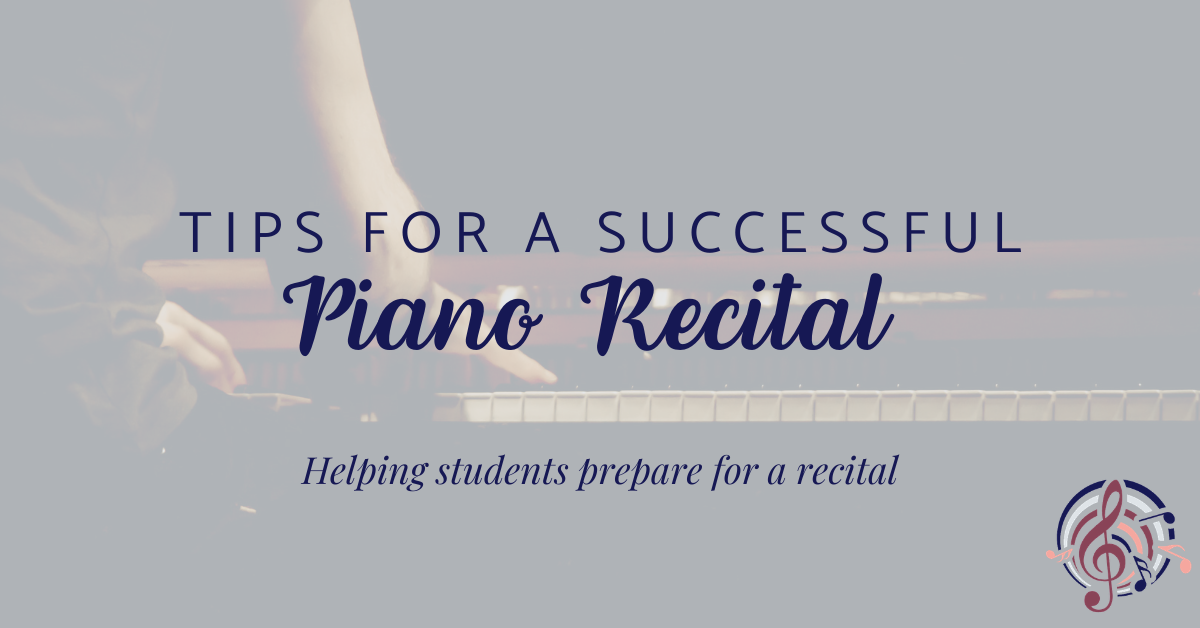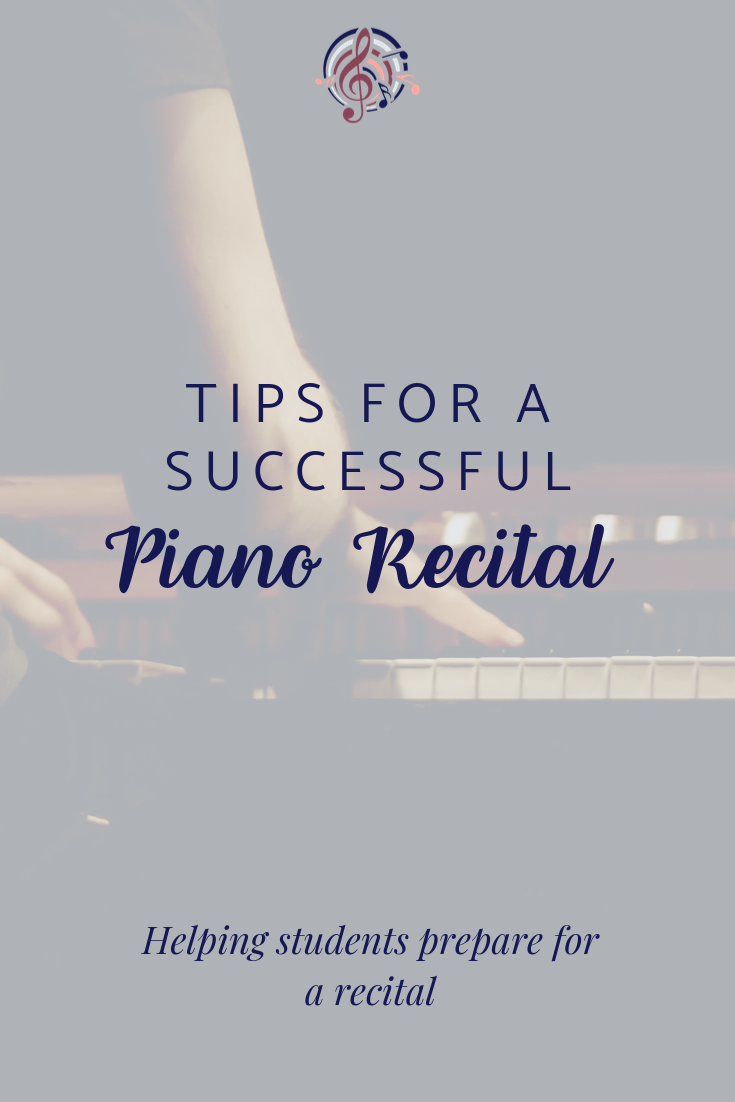Conquering stage fright
With the end of the school year upon us and our End-Of-The-Year Party and Recitals around the corner, sharing music with others in a performance setting may feel scary and challenging. While preparing your song well in advance with your music teacher is a big help, it may not be able to calm all of your recital jitters (which is completely normal!).
Here are some ways to calm your nerves leading up to and during the big day:
Remind yourself that you are not alone!
More people have stage fright than you think, with approximately 73 percent of people reporting some kind of nervousness or fear about presenting or performing in front of people – this could even apply to your music teacher!
Talk to your music teacher, parents, and friends and ask them about their experiences with stage fright, as well as strategies they have used to cope with it. Not only is this a great way to remind yourself that you are not the only one feeling stage fright, you could even find new and different ways to prepare for your recital!
Practice performing!
While preparing and practicing your actual song is important, practicing for the performance aspect of the recital is just as important. Take some time when practicing at home or with your music teacher in your lesson to rehearse going up to the piano, sitting, playing through your song, and then going back to your seat.
Analyze, Discuss, and Create!
Studies have shown that analyzing the performance song in the context of the recital can help to minimize nerves and the impact of potential mistakes. Discuss and create strategies to deal with worries you may have such as making a mistake, or having many people watching you perform. Preparing well to set yourself up for success can play a large role in calming recital jitters leading up to the big day.
The order of your performance can matter on the big day!
Identifying and reducing factors that could potentially make you feel more nervous on the day of your recital can help as well. Performing at the beginning or near the end could potentially help, especially if you either want to get your performance out of the way so you can enjoy the recital without feeling nervous, or watch other students perform first to get a feel for the environment and the audience expectations. Talk to your music teacher about the possibility of arranging the order of your performance, or see if you can find out the performance order so you can prepare in advance.
Recitals are a wonderful way to show all that you have learned and worked on over the past year in your lessons, and every performer should be proud and trust in all the hard work and learning they have done to get to this point.
Whether this is your very first recital or if you have performed in recitals in previous years, feeling nervous is completely normal!
There are many ways you and your music teacher can work together to tackle any feelings of fear and nervousness so you can focus on what is important – having fun and celebrating all the wonderful things you have accomplished this year!
Resources
- Bockarova, Mariana. “Local Perspectives: Singing with Stage Fright.” Edited by Vanessa Lancaster, Psychology Today, 16 Mar. 2023, https://www.psychologytoday.com/ca/blog/romantically-attached/202303/local-perspectives-singing-with-stage-fright.
- Lehmann, Andreas C., John A. Sloboda, and Robert H. Woody, ‘Managing Performance Anxiety’, Psychology for Musicians: Understanding and Acquiring the Skills (New York, 2007; online edn, Oxford Academic, 3 Oct. 2011), https://doi.org/10.1093/acprof:oso/9780195146103.003.0008, accessed 22 May 2023.
- Lehrer, Paul M. “A Review of the Approaches to the Management of Tension and Stage Fright in Music Performance.” Journal of Research in Music Education, vol. 35, no. 3, 1987, pp. 143–53. JSTOR, https://doi.org/10.2307/3344957, accessed 21 May 2023.

